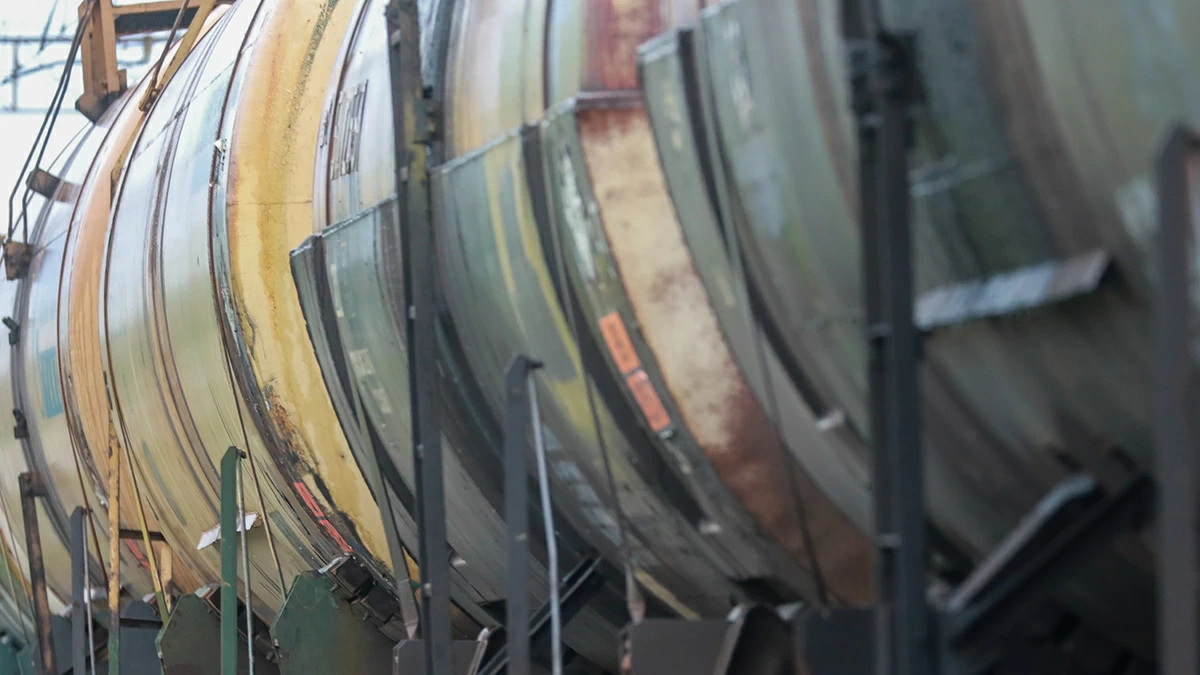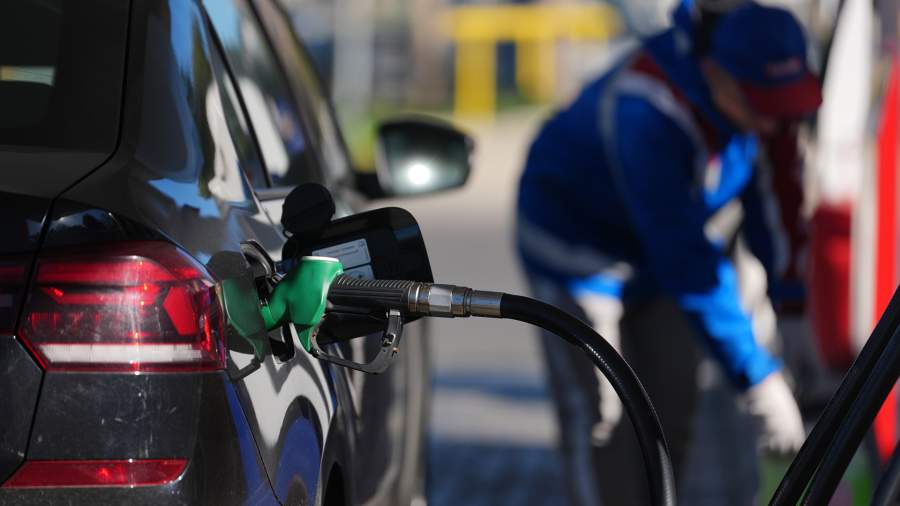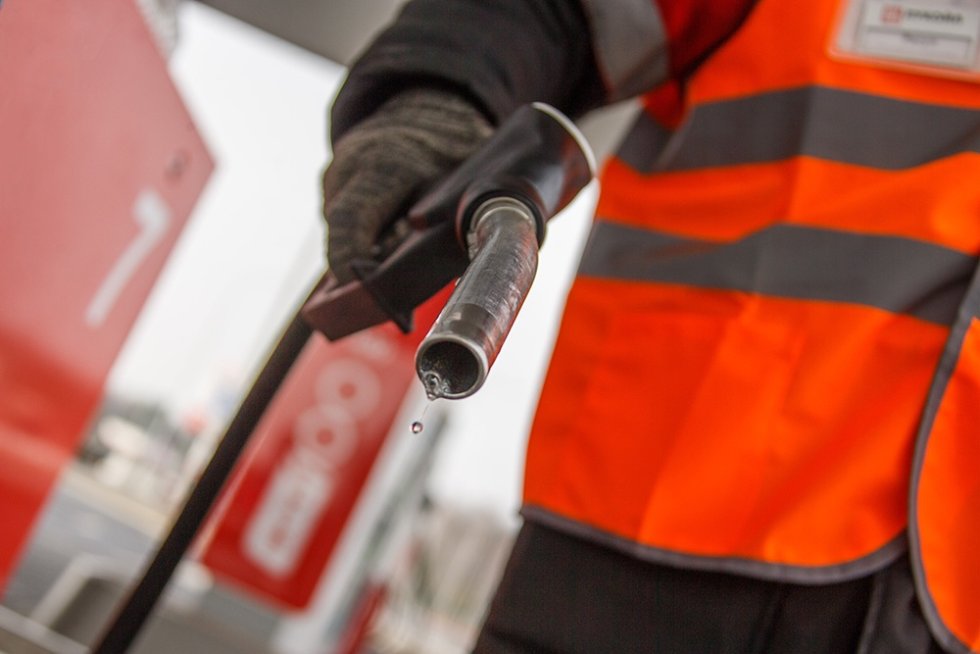What are you looking for:
Expert Comments on the Expansion of the Fuel Price Cap
The Russian Ministry of Finance has agreed to increase the threshold for the deviation of wholesale fuel prices from indicative levels by 10 percentage points, raising it to 20% for gasoline and 30% for diesel fuel, as previously reported by Deputy Finance Minister Alexey Sazanov. Corresponding amendments to the Tax Code will be adopted in the fall. However, the decision on the potential retroactive application of this adjustment from August 1 remains with the government.
"The industry is currently in a position where regulators cannot ignore the needs of oil companies. Businesses will need to invest significant resources to maintain the infrastructure of oil refineries, including through subsidies for the damping mechanism and revenue from fuel sales. Therefore, the decision to change the damping limits is justified, even if it carries risks for the retail market," he stated.
According to Tereshkin, such risks are inevitable under current conditions. Additionally, the increase in the deviation limits for exchange prices of gasoline and diesel fuel to 20% and 30%, respectively, will make retail price increases more predictable. The upper limit of exchange prices for A-92 gasoline will consequently rise from 66,495 rubles to 72,540 rubles per ton, while diesel fuel prices will increase from 68,640 rubles to 74,360 rubles per ton. According to Rosstat, as of September 8, the accumulated increase in gasoline prices reached 7.2%, while inflation since the beginning of the year stood at 4.03%.
Earlier, Deputy Prime Minister Alexander Novak instructed the Ministry of Energy and the Ministry of Finance to submit proposals by September 10 on how to retroactively increase the deviation range for exchange fuel prices from indicative levels starting August 1, so that oil companies can receive budget payments under the damping mechanism in September, as per the minutes of the meeting with Novak (held by RIA Novosti).
The damping mechanism was created to curb domestic fuel prices. If the export price of gasoline and diesel is higher than the conditional domestic indicative price, the government compensates companies for part of this difference so that they do not raise prices in Russia. Conversely, if domestic prices exceed export prices, oil companies "share" part of their profits from domestic sales with the state.
The damping payment is made in favor of oil companies only if the export price of fuel exceeds the domestic price. According to the current tax code, if the average exchange price in Russia exceeds the threshold by 10% for gasoline and by 20% for diesel over a month, the payments are nullified.
According to the St. Petersburg Exchange, the average price of A-92 gasoline based on the territorial index for the European part of Russia in August was 69,339 rubles per ton, exceeding the mark at which the damping mechanism is not paid.
Source: PRIME




